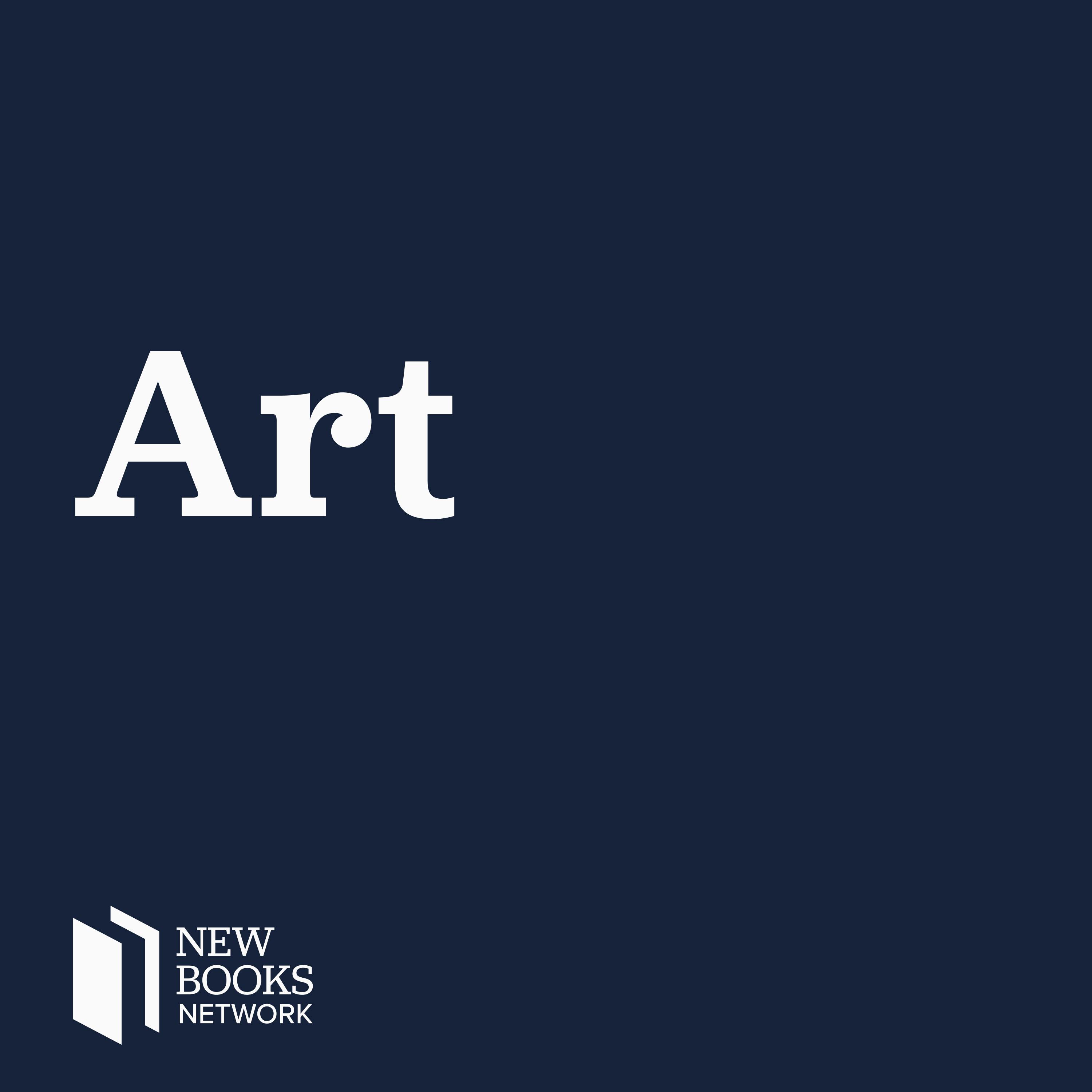Jon Robson, "Aesthetic Testimony: An Optimistic Approach" (Oxford UP, 2022)
Description
A lot of what we claim to know we learn from other people's testimony: they tell us, and in many ordinary contexts that is enough to gain knowledge. But for many philosophers, aesthetics is different. Such pessimists about aesthetic testimony hold that facts about aesthetic properties – such as Shakespeare's Hamlet being a tragedy, or Picasso's Guernica being anti-war – can't be transmitted by testimony, and can only be learned through first-person experience.
In Aesthetic Testimony: An Optimistic Approach (Oxford UP, 2022), Jon Robson argues that aesthetic testimony should be treated on a par with testimony in other domains; our deference to others in aesthetic matters is about the same as it is in other areas of knowledge. Robson, who is assistant professor of philosophy at the University of Nottingham, defends a view called contextualist optimism, in which, just as with testimony in other domains, whether we obtain aesthetic knowledge depends on the context in which aesthetic judgments are transmitted.
Carrie Figdor is professor of philosophy at the University of Iowa.
Learn more about your ad choices. Visit megaphone.fm/adchoices
Support our show by becoming a premium member! https://newbooksnetwork.supportingcast.fm/art
More Episodes
In Terracene: A Crude Aesthetics (Duke UP, 2023), Salar Mameni historicizes the popularization of the scientific notion of the Anthropocene alongside the emergence of the global war on terror. Mameni theorizes the Terracene as an epoch marked by a convergence of racialized militarism and...
Published 05/05/24
Over the last two decades in Beirut, graffiti makers have engaged in a fierce “war of colors,” seeking to disrupt and transform the city’s physical and social spaces. In A War of Colors: Graffiti and Street Art in Postwar Beirut (University of Texas Press, 2024), Dr. Nadine Sinno examines how...
Published 05/02/24
According to Dr. Justin O’Connor, culture is at the heart of what it means to be human. But twenty-five years ago, the British government rebranded art and culture as 'creative industries', valued for their economic contribution, and set out to launch the UK as the creative workshop of a...
Published 05/01/24


